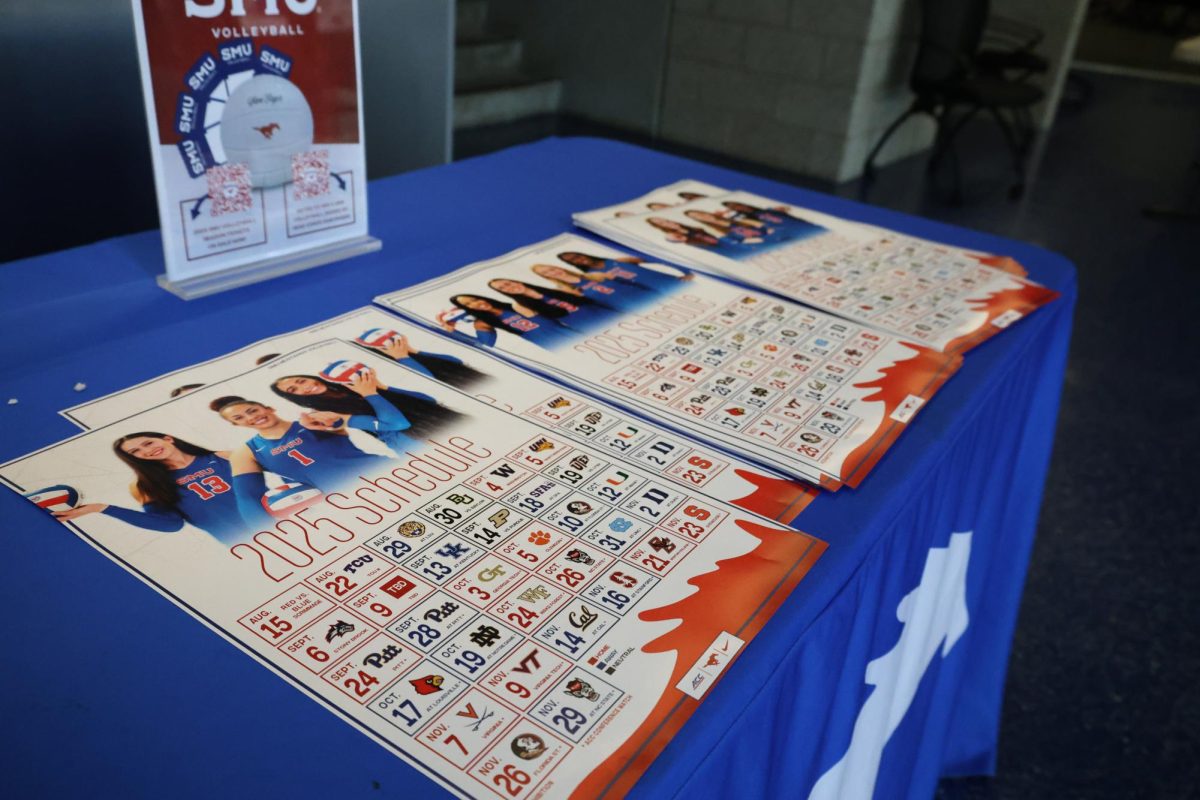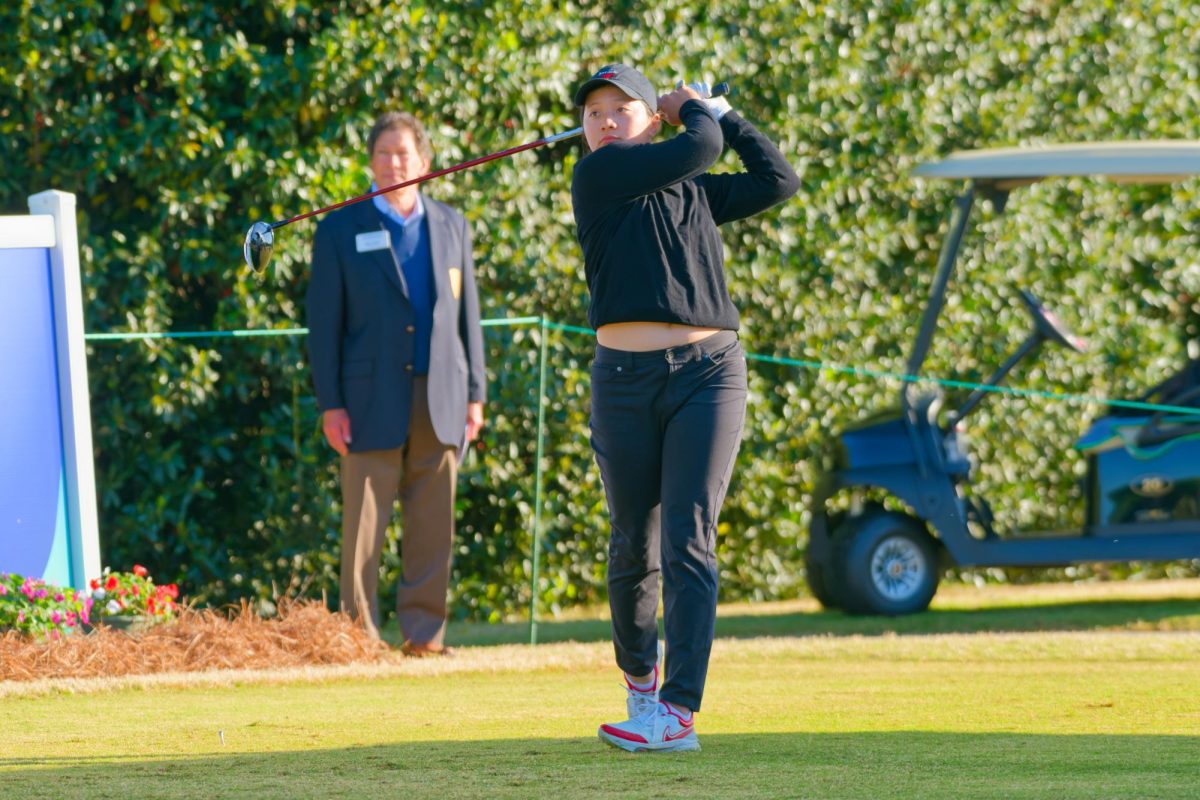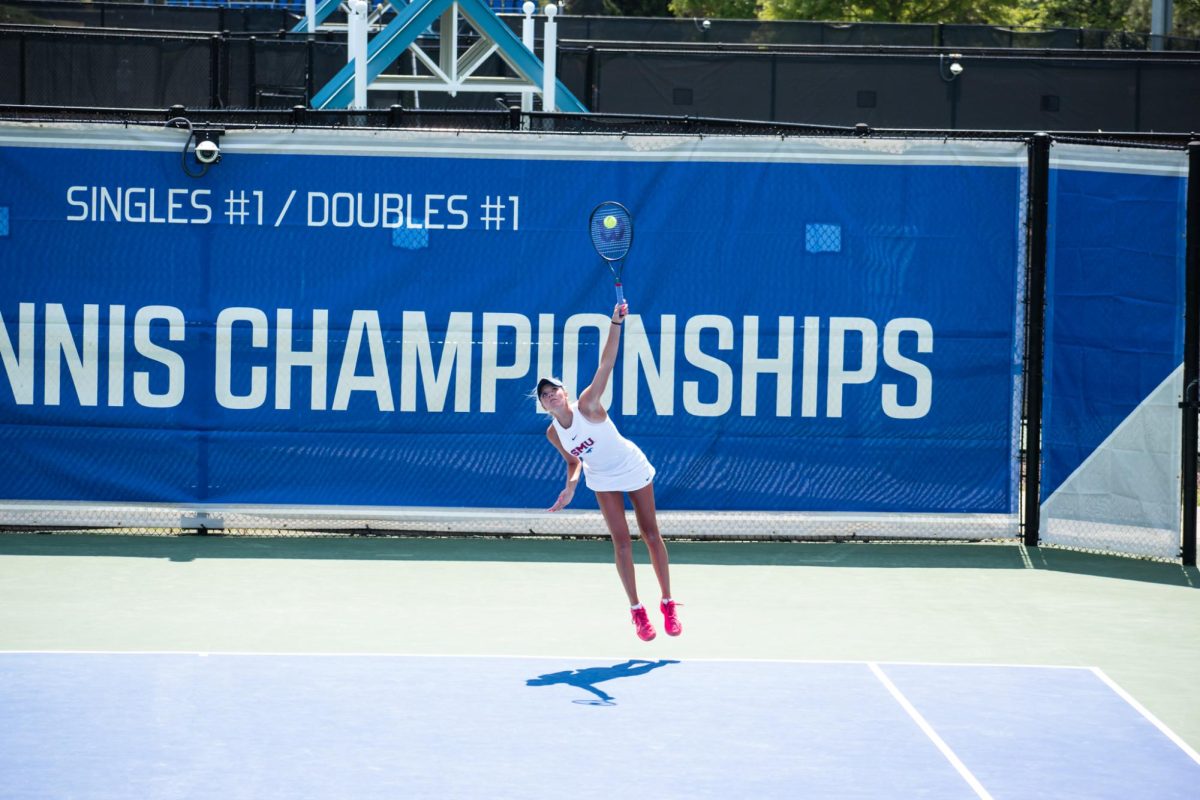“Look at my eyes, look at my eyes, we are going to get this done. Now let’s go.”
“These powerful words were spoken by Walter “Sweetness” Payton in the midst of a huddle during the early part of his career,” said Dave McGinnis during a recent interview. McGinnis was in that huddle when he coached Payton for the Chicago Bears in the 1980’s.
McGinnis is now the assistant head coach for the St. Louis Rams. He and other sports professionals and fans talked recently about the traditions and rituals of one of America’s favorite sports.
One long-standing tradition is the huddle, where you can see everyone’s eyes and the men are free from harm. Once the huddle is adjourned, every man on the field is vulnerable and hopes to be protected by his teammates.
Kneeling is another tradition in football. This gesture shows respect for injured players on the field. An act with powerful meaning, kneeling brings together two opposing teams in the midst of battle.
“The real aspect of it comes into focus when someone is injured, players on both teams kneel to show respect,” McGinnis said.
And at the end of every game there is an exchange between coaches, often at midfield – a handshake – a sign of good sportsmanship.
“If you win, it’s a matter of being gracious, if you lose it is about being able to accept it,” he said. “In the end we are all part of one big fraternity.”
The huddle. The kneel. The handshake: three traditions that help foster unity and respect in football. These habits that transpire between the lines each week are elements that help keep the lifeblood of football flowing.
John Oakes, the student member of the SMU Board of Trustees, and a regular at sporting events, said that traditions like these bring depth to the games.
“Traditions and sportsmanship are vital to sports,” Oakes said. “Shaking hands after the game or kneeling when a player is down with a potential injury shows mutual respect for others on the field.”
The Huddle
“The huddle is where the conversation happens, where the motivation comes from, where greatness is found,” said Sean Adams, an ESPN columnist.
He believes in the importance of a team huddle because that’s “where unity happens”. The players motivate each other in addition to keeping all 11 men in the huddle on the same page.
The huddle communicates: “We are about the guys in here,” Adams said. Knowing the stories of the men in the huddle means something. It fosters relationships and creates understanding throughout the team. The relationships are what motivate players to work harder for their teammates.
The huddle is planned down to the second, Adams said. There are about 30 seconds to work with. Thirty seconds to figure out what is happening, what substitutions are being made, and what play is being called.
In order for this model to work under such pressure and minimal time, there must be respect and understanding. When the quarterback steps in, it is silent. The quarterback, along with every other player in the huddle, can see everyone’s eyes-this is where the unity happens.
The Kneel
McGinnis, a man who has turned his love for football into a career on the sidelines works week to week to coach his team to a win. But when there is an injury on the field, the game is put into perspective.
“Immediately the score becomes not very relevant and that person’s health becomes the most important,” he said.
McGinnis spent 12 years coaching college football before joining the ranks of the NFL where he has spent the last 26 years. The experience as a coach gives him a different view of injuries and the actions taken when something happens on the field.
McGinnis said when competing at such a high level, it is understood that keeping men on the field safe takes precedence over any score or game. Players kneel out of respect for a player who is down, whether they are saying a silent prayer or just catching a breath on their knee, this action brings the two teams together.
The Handshake
Doug English, a 2011 College Football Hall of Fame inductee played for the Texas Longhorns before spending 10 years with the Detroit Lions as a defensive tackle. In a recent interview, English stressed the one principle that he believes holds a team together under such organized aggression.
“Everything that holds us together is discipline, it is a great manifestation of the game,” English said.
Whether it is a team or coach, it takes discipline to face an opponent face-to-face with a handshake, win or lose. In high school matchups it is routine for the team to line up and exchange handshakes at the conclusion of a game. In college and professional football the exchange is usually between the coaches.
“It’s about being able to respect the other team, everybody in the league knows everybody else, and at the end of the day everyone knows it is a sign of respect,” McGinnis said.








